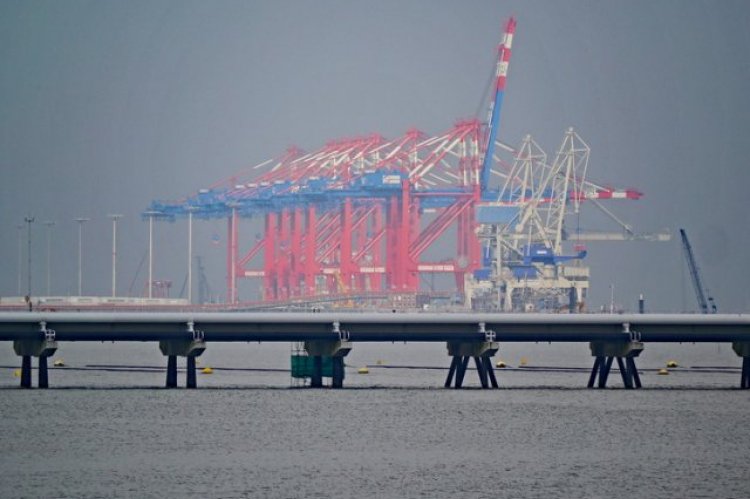WTI and Brent go in different directions
After OPEC meeting in Vienna two most important oil benchmarks in the world show different behavior, Bloomberg writes. Ambiguous agreement between OPEC members reached during the meeting and Saudi Arabia’s promise to increase output following this agreement put downside pressure on Brent oil. At the same time falling US stockpiles support WTI price. The difference between two brands in Europe and US narrowed on Monday by more than 16%.
After OPEC meeting in Vienna two most important oil benchmarks in the world show different behavior, Bloomberg writes.
Ambiguous agreement between OPEC members reached during the meeting and Saudi Arabia’s promise to increase output following this agreement put downside pressure on Brent oil. At the same time falling US stockpiles support WTI price. The difference between two brands in Europe and US narrowed on Monday by more than 16%. Growing OPEC supplies obviously will have more influence on Brent oil than on WTI.
Meanwhile, experts at Goldman Sachs think that even aggressive increase in output will result in a very small surplus at the market. Stockpile in the biggest storage hub in the US have been falling for five weeks already since the beginning of driving season in the country that causes demand spike.
Brent futures with August delivery dropped to $73,74 a barrel at ICE Futures Europe exchange. On Friday price grew to $75,55 a barrel. WTI oil with August delivery lost much less and costs $68,41 a barrel. On Friday the price went up by 4,6%. As a result, the difference between two benchmarks is down to $5,81 from more than $10 last week.
Futures in Shanghai increased by 1,8% to 467,4 yuan a barrel.
Despite on agreement on output gain that was reached in Vienna, data on possible increase is different so far. Saudi Arabia talks about 1 million barrels a day increase, while Iran states less than 700000 barrels and Iraq about 800000 barrels.

